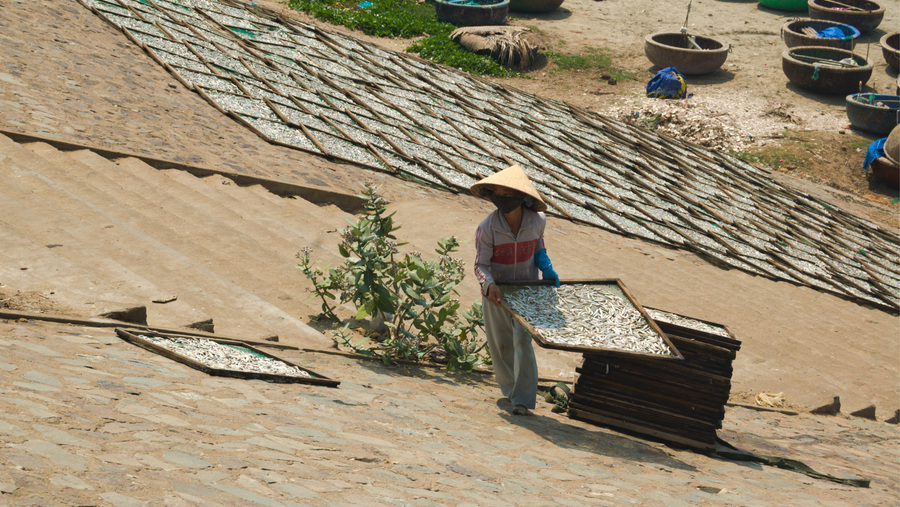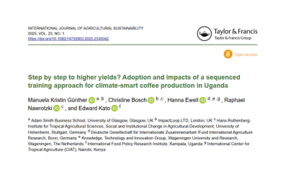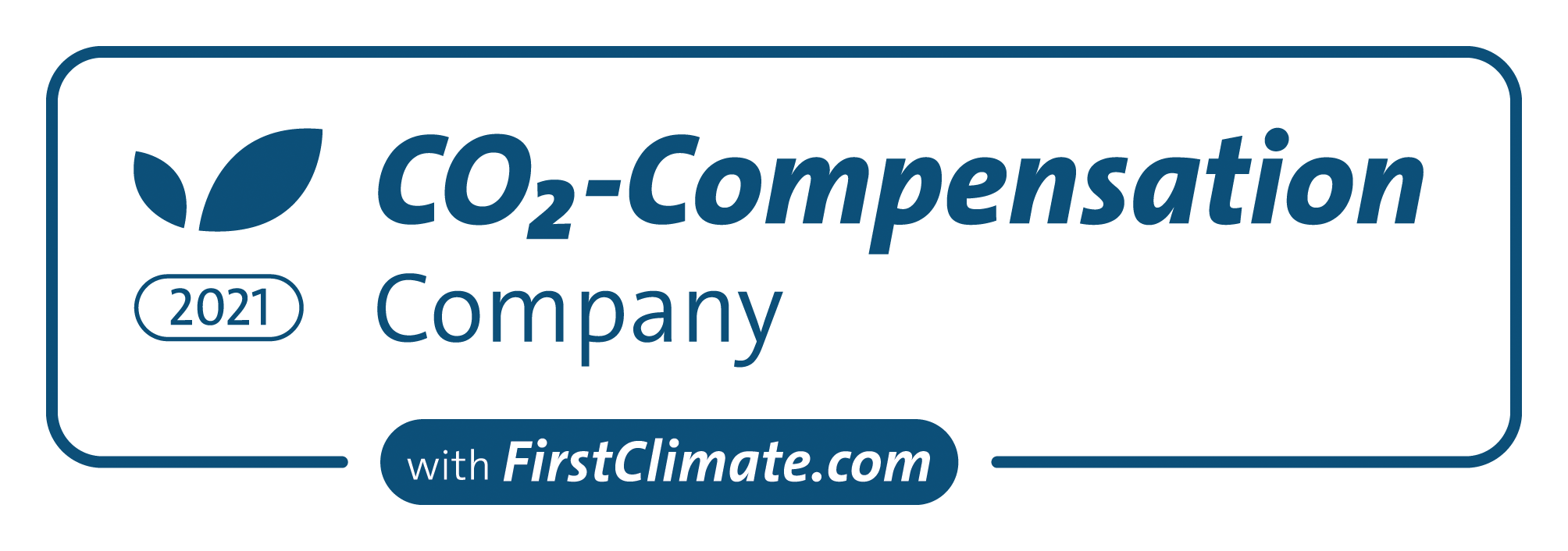
News and Insights
Climate-smart Coffee Farming Study Published in the Intl. Journal of Agriculture Sustainability
Coffee farmers in Uganda face mounting climate risks which threaten both yields and livelihoods. Despite many training programmes promoting climate-smart practices, adoption often remains low.
Conventional training delivers a full package of practices all at once, which farmers may find difficult to take up. GOPA Worldwide Consultants’ Statistics, Evaluation & Monitoring Services (SEMS) department produced a study for GIZ that evaluated the Stepwise approach, a new model which introduces climate-smart and good agriculture practices in four sequences steps — starting with basic measures and moving towards more resource-intensive ones.
What’s distinctive about the study?
1. It compares treated, spillover and comparison farmers in Uganda, where Robust and Arabica coffee are grown, capturing direct and indirect effects.
2. It uses a new adoption intensity index, going beyond binary measures of adoption.
3. It links adoption intensity (not just training participation) to yields and revenues using robust impact methods.
Findings (three years after training)
- Sequenced training did not shift behaviour in the longer run; Adoption was similar across treated, spillover, and comparison farmers (~46%), and overall adoption dropped in higher, more resource- and labour-intensive steps.
- Yet, farmers adopting more than half of the recommended practices achieved ~23% higher yields and ~32% higher coffee revenue.
Takeawayuptake beyond basic sustainability practices, calling for stronger producer organisations,
Sequencing training may reduce adoption barriers compared with one-off bundles, but structural constraints still limit targeted training, and innovative solutions for access to inputs and fair pricing — particularly for resource-constrained farmers.
Read the open access article here:
https://www.tandfonline.com/doi/figure/10.1080/14735903.2025.2545042?scroll=top&needAccess=true


